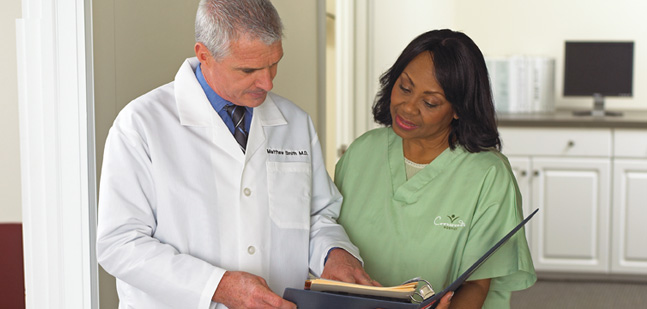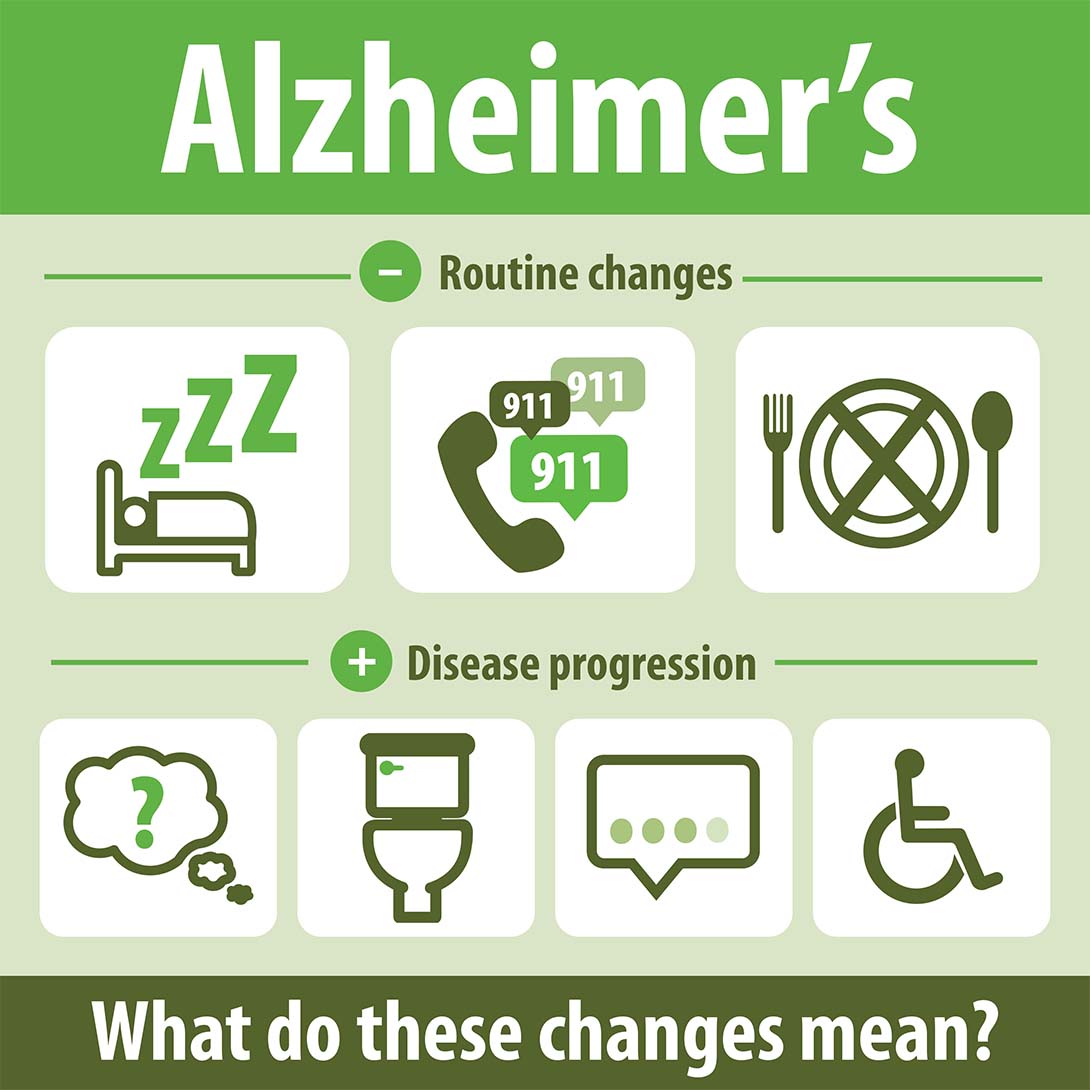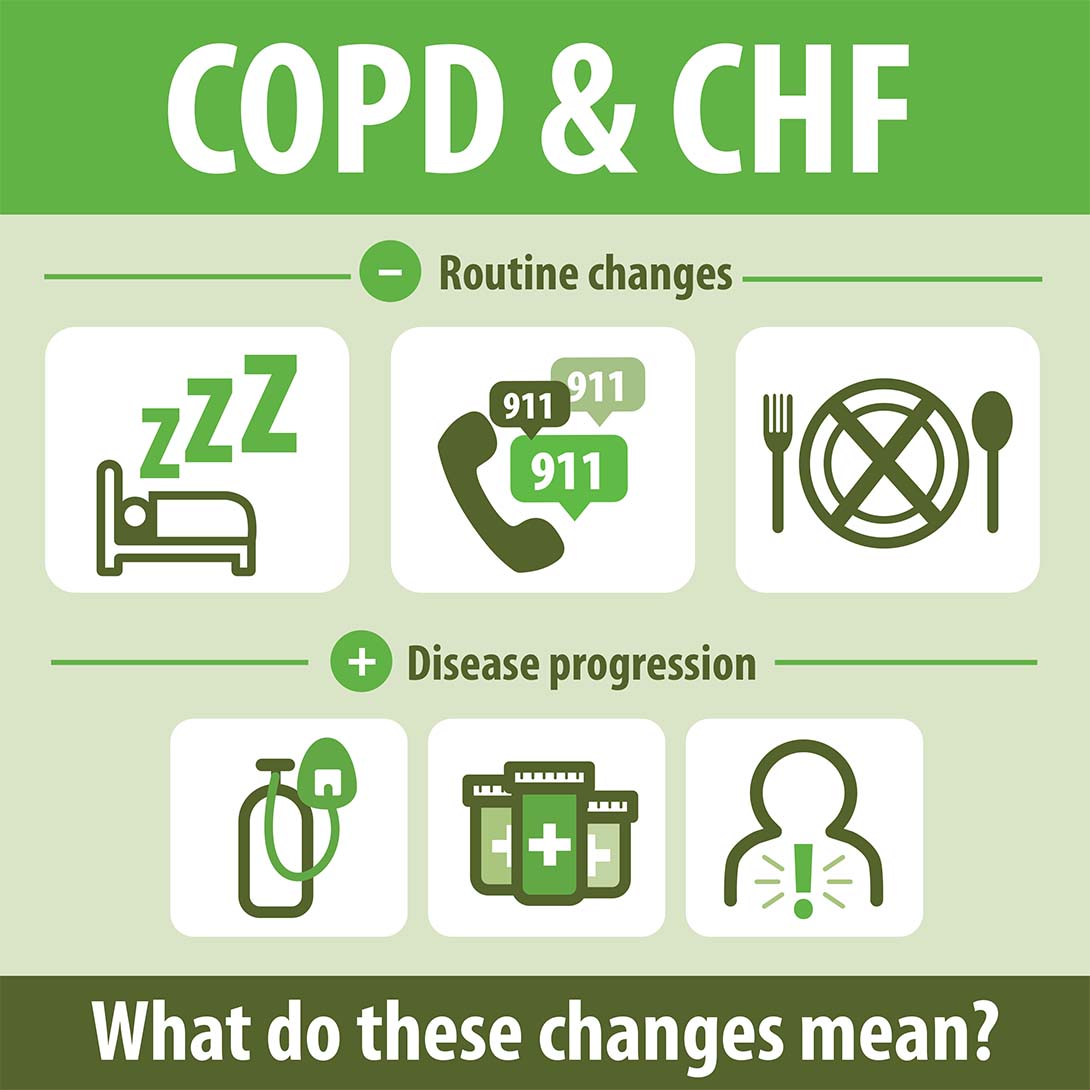What is a Hospice Doctor? Common Questions, Answered

Today, March 30th, Crossroads Hospice & Palliative Care celebrates National Doctors’ Day – a day meant to recognize doctors of all kinds and the lasting contributions they continually make for their patients and communities.
For Crossroads in particular, this day makes for an excellent opportunity to both learn about and appreciate the role of doctors in hospice in particular. What is a hospice doctor? What is a doctor’s role in hospice care? This type of information is central to understanding the hospice process and subsequently determining the best possible care for loved ones and patients at end of life.
Answering a few simple questions regarding what these doctors do can help develop a full understanding of a doctor’s integral role in hospice and the benefits of hospice care overall.
1. What is a hospice doctor?
First of all, a hospice doctor is the member of the hospice care team who is responsible for identifying a patient’s need for end-of-life care and making a referral. This team member is also responsible for providing hospice information for families and patients, which includes describing how hospice works. Hospice doctors are encouraged to remain involved as a member of the care team, participating in the hospice care plan.
2. How do doctors approach the “hospice conversation?”
When it comes to considering and conversing about hospice with a patient nearing end of life, the hospice doctor generally has three main responsibilities. Hospice doctors must:
- Identify when a patient should qualify for hospice
- Make a referral for the patient
- Explain how hospice will work for them
3. How do I know if my doctor is doing the right thing regarding end-of-life care?
Doctors who are able to have honest conversations with patients and their families about all of their options – including hospice – are doing the right thing. It’s as simple as that. Everything a great doctor does is in the best interest of their patient. Self-determination is not-so-coincidentally central to great hospice care.
4. Should a doctor be the first person to bring up hospice?
This is a tricky subject, both for the patient and the doctor. On one hand, some doctors can be reluctant to discuss the subject of hospice, being that – unfortunately and understandably – they do not want to feel like they are giving up on a patient.
It can be easy to forget, but hospice does not mean giving up. Hospice is about shifting hope and focusing on living with dignity and comfort until death.
In any case, it’s best for both doctors and families to talk about hospice as soon as a patient presents signs of terminal illness in order to improve the patient’s quality of life, give them a chance to put their affairs in order, say goodbye, and live their final days as they wish.
Here’s a conversation starting tip: If a family member would not be surprised if their loved one were to die in the next six to twelve months, they should ask the doctor if he or she would be surprised. It’s often better to say something to a doctor than nothing at all.
Thoughtful communication with a doctor is key to receiving the right care at the right time. This National Doctors’ Day, everyone should thank a doctor for playing a vital role in helping their patients find just that.
For those hoping to read further about the roles of doctors and other healthcare professionals in the hospice setting, there is always an opportunity to learn more from our hospice FAQ.
If you found this information helpful, please share it with your network and community.
Copyright © 2017 Crossroads Hospice & Palliative Care. All rights reserved.




